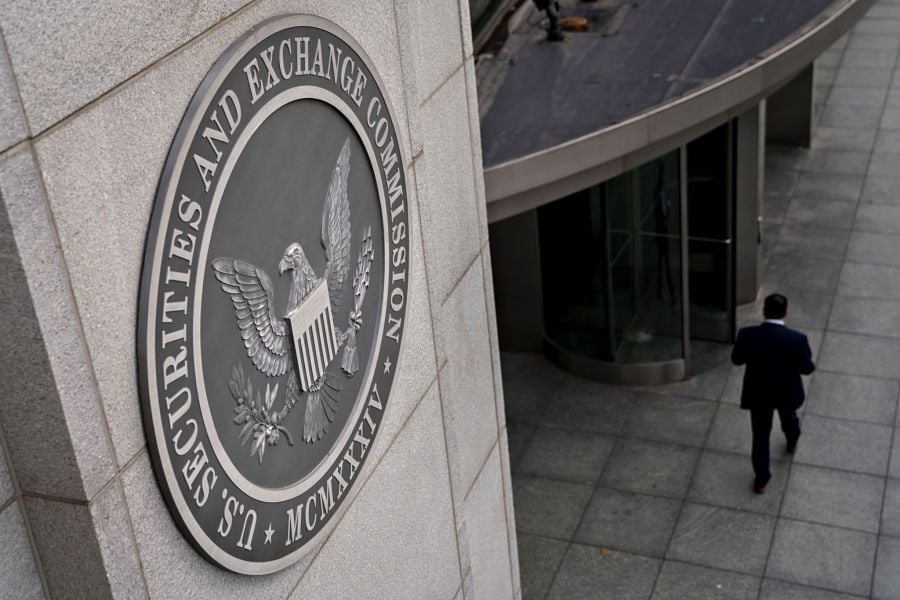

The Securities and Exchange Commission settled actions against three investment advisory firms and two dually registered broker-dealer and advisory firms for violations related to unsuitable sales of complex exchange-traded products to retail investors.
The actions will result in the return of more than $3 million to harmed investors, the SEC said.
The five actions involved American Portfolios Financial Services/American Portfolios Advisors Inc., Benjamin F. Edwards & Co. Inc., Royal Alliance Associates Inc., Securities America Advisors Inc. and Summit Financial Group Inc.
Without admitting or denying the findings, American Portfolios and Benjamin Edwards each agreed to pay a civil penalty of $650,000, Securities America and Summit each agreed to pay a civil penalty of $600,000 and Royal Alliance agreed to pay a civil penalty of $500,000.
The sales occurred between January 2016 and April 2020 and involved volatility-linked exchange-traded products, which attempted to track short-term volatility expectations in the market, typically measured against derivatives of the CBOE volatility index. According to the SEC, the offering documents made clear that the short-term nature of these products made investments in them more likely to experience a decline in value when held over a longer period.
“Contrary to these warnings, and without understanding the products, representatives of the firms recommended their customers and clients buy and hold the products for longer periods, including in some circumstances, for months and years,” the SEC said in a release, noting that the firms failed to adopt or implement policies and procedures regarding suitability of volatility-linked exchange-traded products.

Four of the Magnificent Seven will report this week.

Easing anxiety has seen the haven asset slide from record high.

Uncertainty remains challenging for Treasuries traders.

Move will raise concerns of inflationary impact of tariffs.

President says tariffs could see income tax ‘completely eliminated’ for some
RIAs face rising regulatory pressure in 2025. Forward-looking firms are responding with embedded technology, not more paperwork.
As inheritances are set to reshape client portfolios and next-gen heirs demand digital-first experiences, firms are retooling their wealth tech stacks and succession models in real time.
